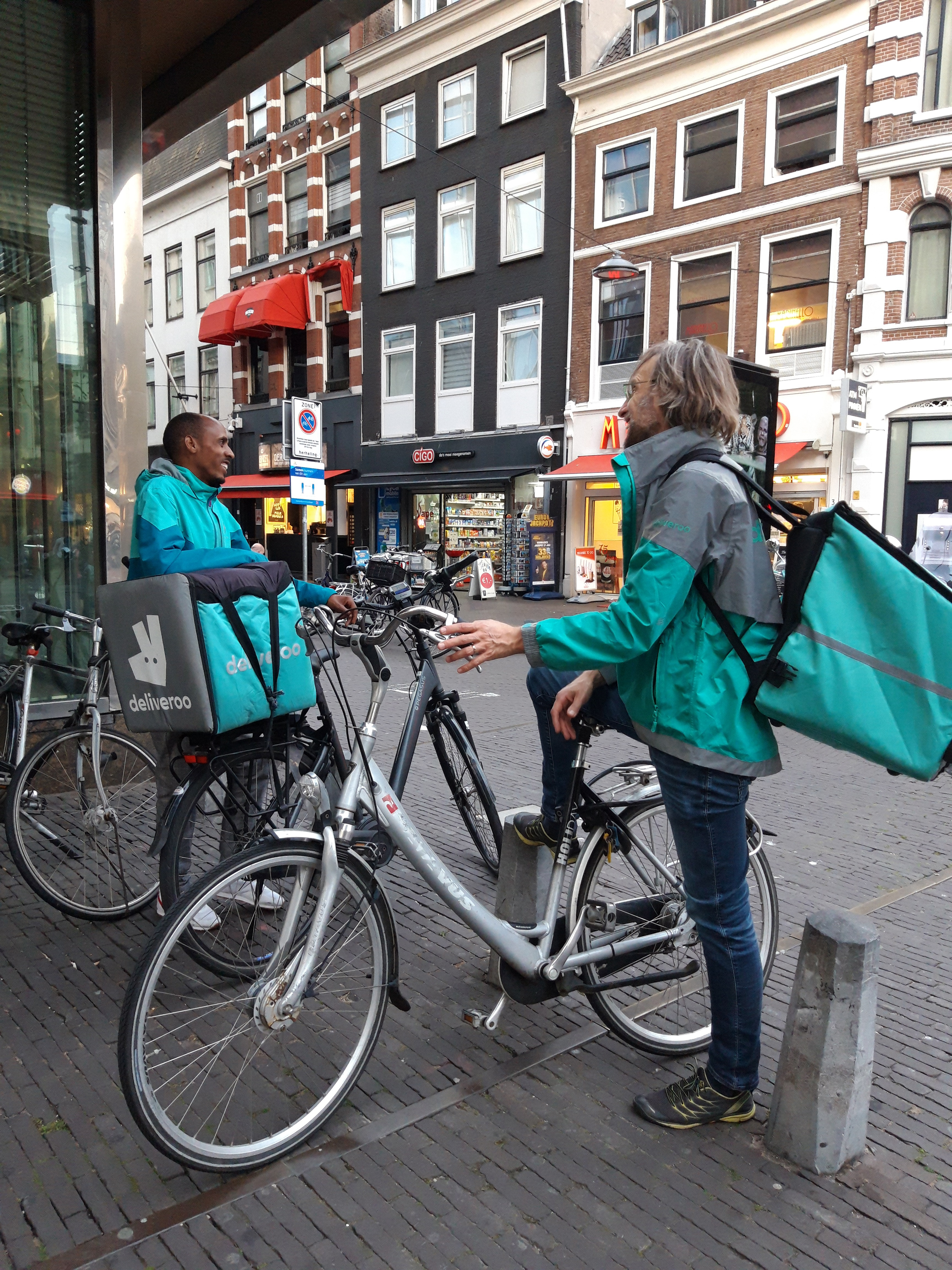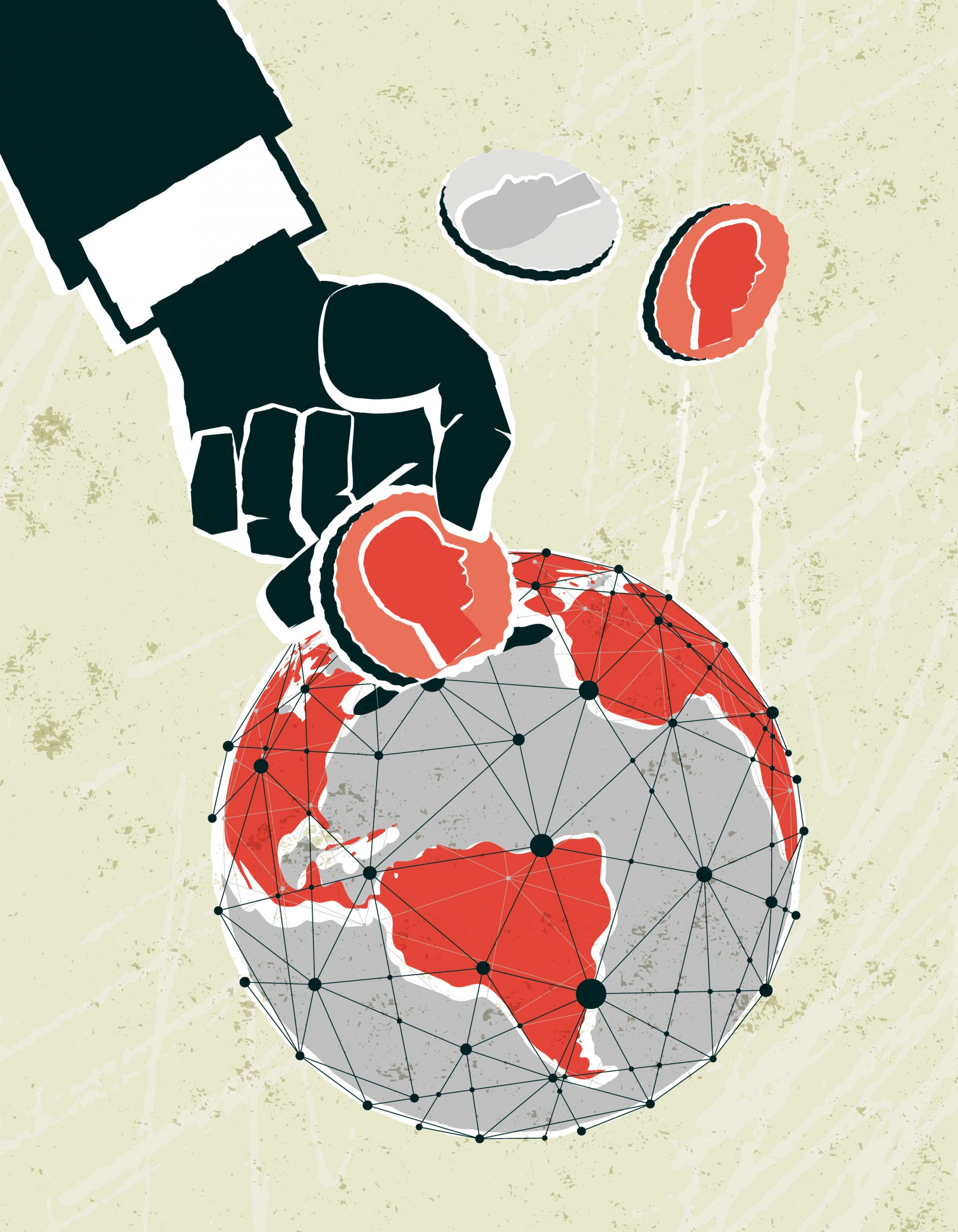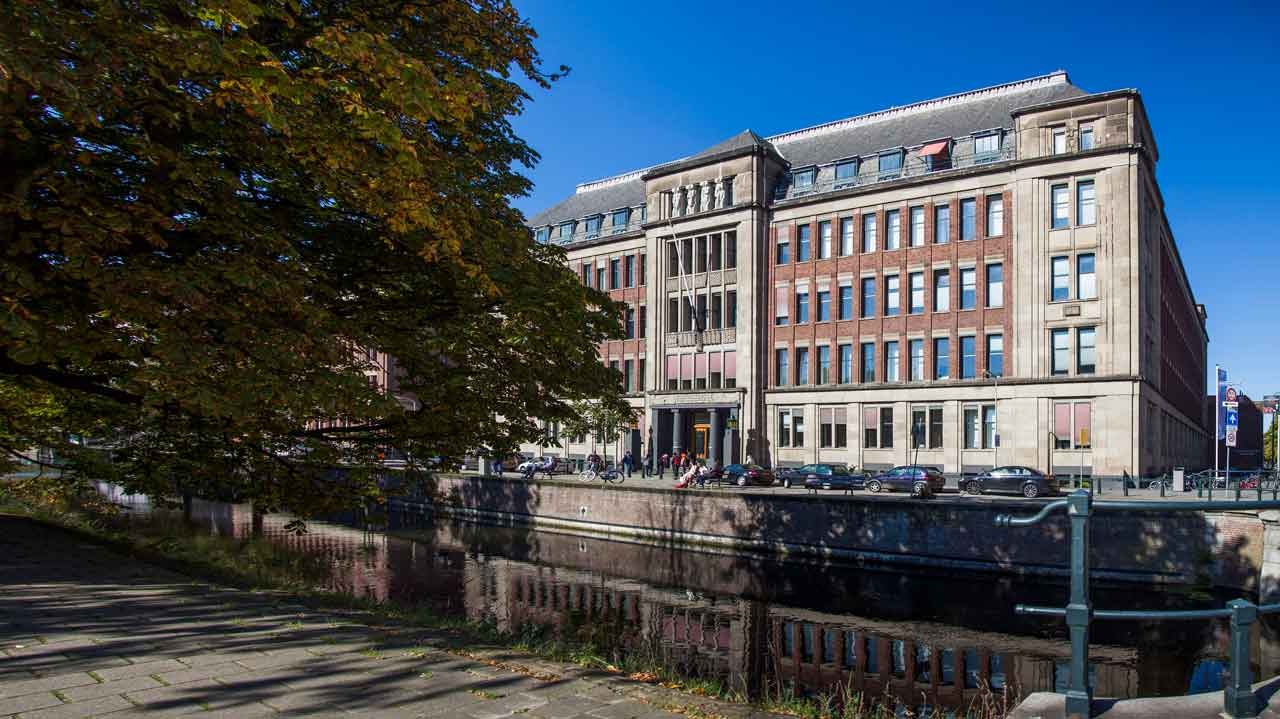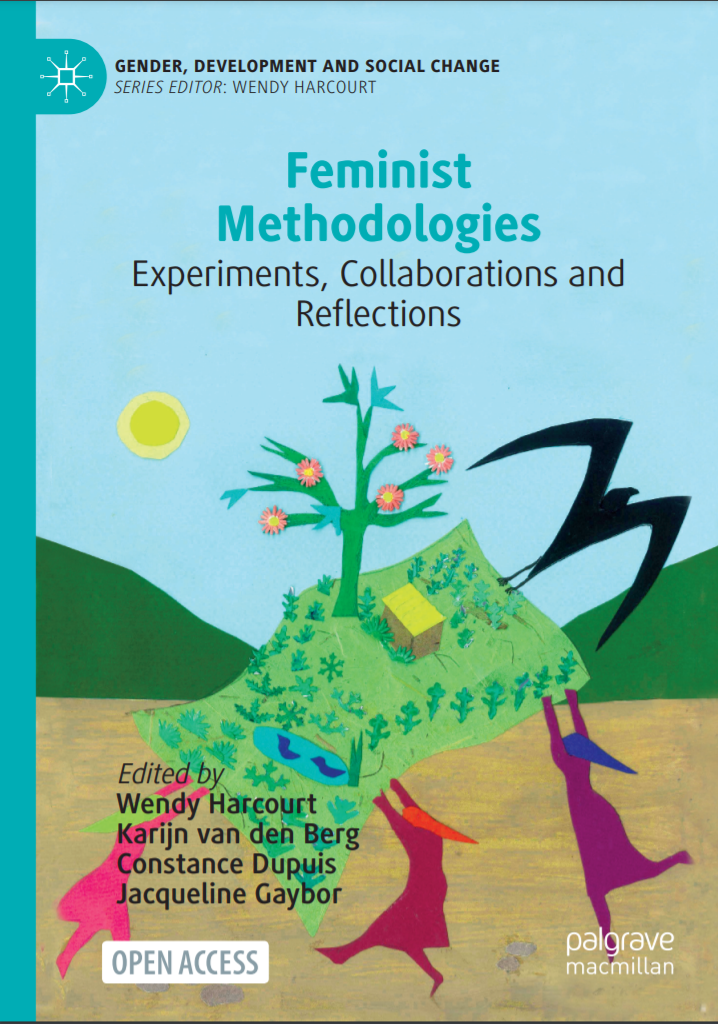Growing up in the UK in the second half of the twentieth century, buying food required going to a supermarket and paying with cash or a cheque; a take-away meant walking down to the local fish and chip shop; choosing a university involved travelling around the country visiting individual cities and universities and booking a holiday required a visit to a travel agent to pick up a couple of colourful brochures.
Nowadays, all of those things can be done via a small screen from wherever you happen to be. This transformation has changed how we interact with each other; how we study, work and communicate. It is a truly global transformation, not limited to ‘rich’ or ‘developed’ countries. Indeed, for many countries in the Global South, digital communication has enabled more people to have greater access to global goods, or at least knowledge of them.
In the last decade, this technological transformation has developed even further, with the growth of the platform or gig economy: more than simply the digitalization of goods and services, the gig economy facilitates the purchase of and access to those goods and services. Those with the (digital) cash or credit on hand can order whatever they want online and expect it to be delivered to their doorstep almost immediately.
Is this a positive development? Does the gig economy provide opportunities or does it simply exploit the poor and the disadvantaged by offering them zero-hour contracts with no security and very few benefits? In three articles, DevISSues looks into these questions: Sunil Tankha investigates the economic and policy dynamics and challenges of the gig economy and in two case studies, Huijsmans et al and Van Tuijl et al look at its practical application in the Netherlands and Kenya respectively.
Moving away from digitalization, our Focus on ISS feature describes a project investigating the needs, opportunities and skills of migrants in The Hague. In collaboration with The Hague municipality, this project ‘audited’ the situation of migrants in the city. The final report will be presented in June, but first results suggest that more still needs to be done to ensure The Hague makes true its name as the City of Peace and Justice (see Hintjens et al).
Along with our other regular features - Staff-Student discussion, news and events, alumni and student portraits - DevISSues once again showcases the academic, participatory and inclusive community that makes up ISS.
Jane Pocock
DevISSues editor
The Platform Economy: Opportunities and risks









